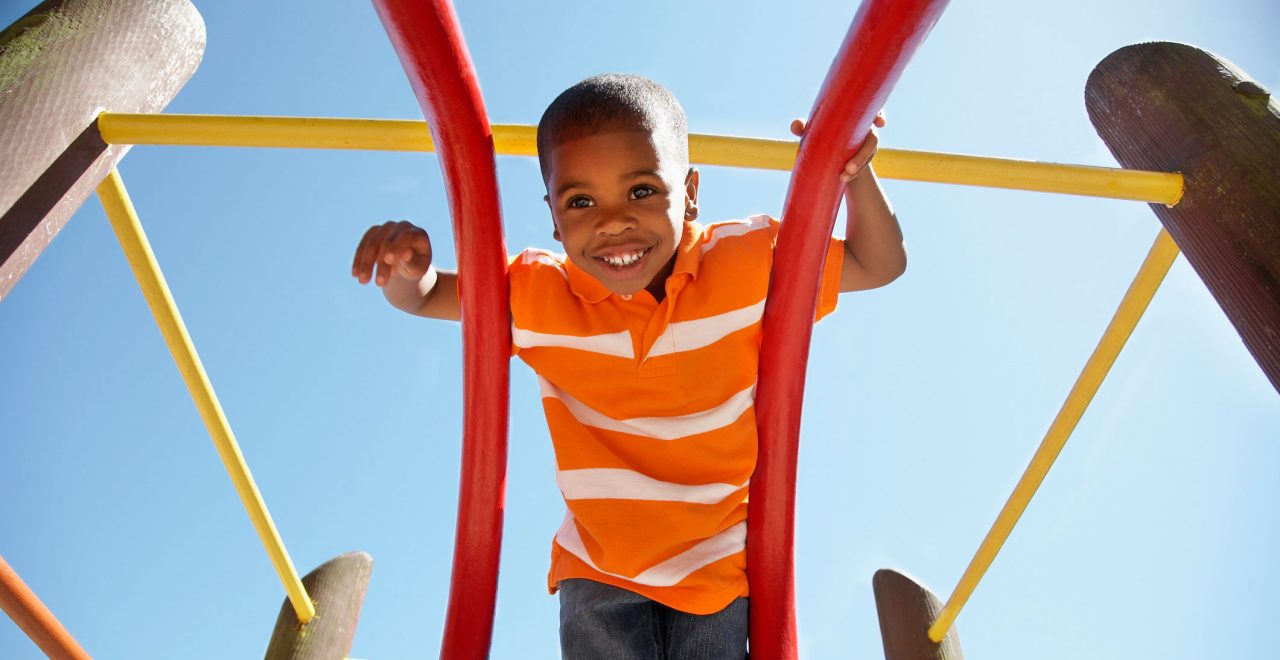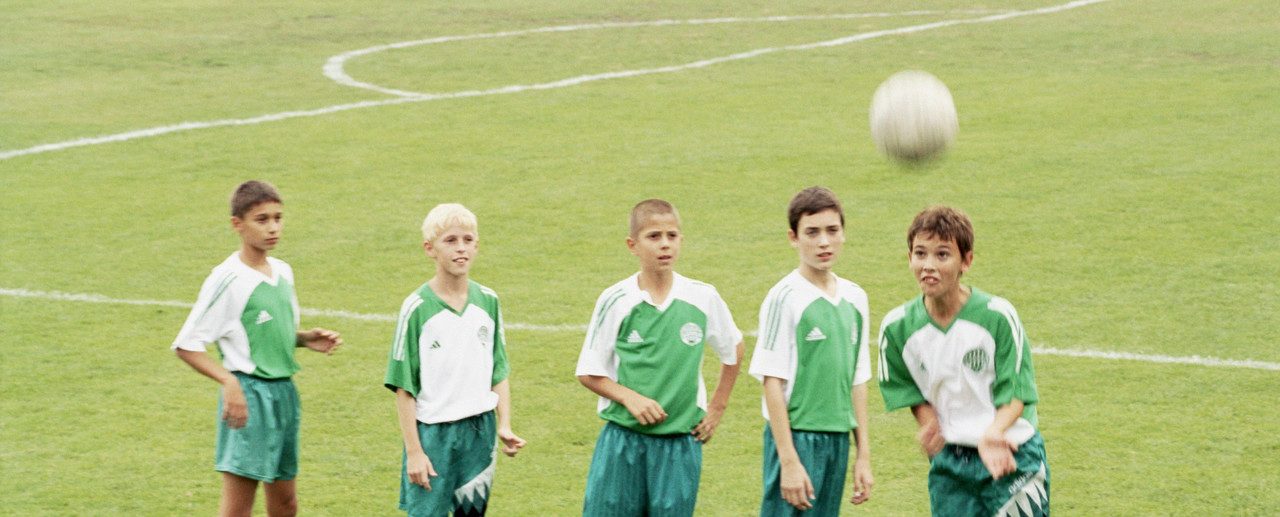February 23, 2018
Limiting Risk Taking: The Parent Juggling Act

Do you let your child take risks? Do you prevent your child from taking risks?
It depends what we mean by “risks,” right? And also “when” – as in at what age?
It’s important to think through this in a fine-grained way, as our parenting culture (that amalgamation of opinions parents are exposed to online, in books, in media) tends toward the sweeping generalization. Right now we seem to still be hearing that parents are overprotective (helicopter parenting) and need to lighten up … so in a few years let’s anticipate a new wave of suggestions that parents are overly permissive and need to protect their kids. Yikes!
YOU MIGHT ALSO LIKE: Smart Risk Taking Is Good for Kids
So where do we really stand?
For starters, many of us grew up in a time when we had pretty much free reign to do what we wanted, where we wanted, how we wanted, with whomever we wanted, with no supervision from adults. Heck, parents (certainly mine) had no clue on any of these fronts, starting when I was about 5 years old, with no change during later childhood and my teen years.
That’s not typically the case anymore, and, if it is, we call it a lack of parental monitoring. I’m a big fan of parental monitoring, and I don’t want to go back to those days.
That said, there are certainly lots of suggestions that we are not letting kids be kids, and over-restricting and over-sterilizing their play and social experiences. Playgrounds may be too safe (which counter-intuitively promotes injury because kids need to mess around to try to have some fun), playground behavior may be too regulated because of fear of injury), and kids may not be playing because we fear that something bad will happen to them if we are not overseeing them. None of this is in the best interest of kids, either.
But this idea that we are “risk averse” as parents is just not true. We make choices. We keep kids off of playgrounds because of all the worries noted above. Yet we let kids play organized sports that carry lots of risk (think concussions in football, girls blowing out their knees in basketball or lacrosse) because we think these activities have high payoffs. And so it goes. We minimize risks when there is a perceived value to the activity, and we magnify risks when we don’t see the advantages (like, we don’t get that play is more important than formal academic instruction when kids are 4 years old).
YOU MIGHT ALSO LIKE: 5 Ways to Raise an Independent Child
Is there a point to all of this? You bet.
Parents need to be more overt in their risk/benefit calculation – so they can train their kids to do the same thing. That’s what we really want for our kids: we want them to take calculated risks. It’s a hot summer day and the river looks inviting. A bunch of kids decide to dive in. Your kid is there. Should they just dive in too? Should they be afraid of diving in on principle and just walk away? Neither. They should be learning how to assess the situation. Do they know how deep the river is? Are they aware of currents or big rocks? How well do they swim? They need to begin to go through a process of calculating the risks and the benefits, and then make an informed decision when we aren’t there. It’s not about never taking risks or always taking risks. It’s about assessing the pros and cons and weighing them out.
Isn’t that what we want them to do when they learn how to drive? Isn’t this the goal when they go to a party when they are 15 years old and kids are drinking? How about the 17-year-old faced with a sexual decision? We want our kids to be good decision makers.
To achieve that, get in the habit – no matter how young your child is – of overtly discussing the risks and benefits of things. Talk about how to have fun climbing a tree and how to try to avoid a perilous situation. Talk about knowing how to ride a bike safely in the neighborhood and how you always need to wear a helmet (yes, always, falling down on your head in your own driveway can cause the same brain trauma as falling on the street). Weigh out the pros and cons of playing an organized sport.
Raise a kid who knows how to evaluate and take a calculated risk. It will serve them really well now and throughout their life.
YOU MIGHT ALSO LIKE: Why Optimism Is Good for Kids (and their Parents)


